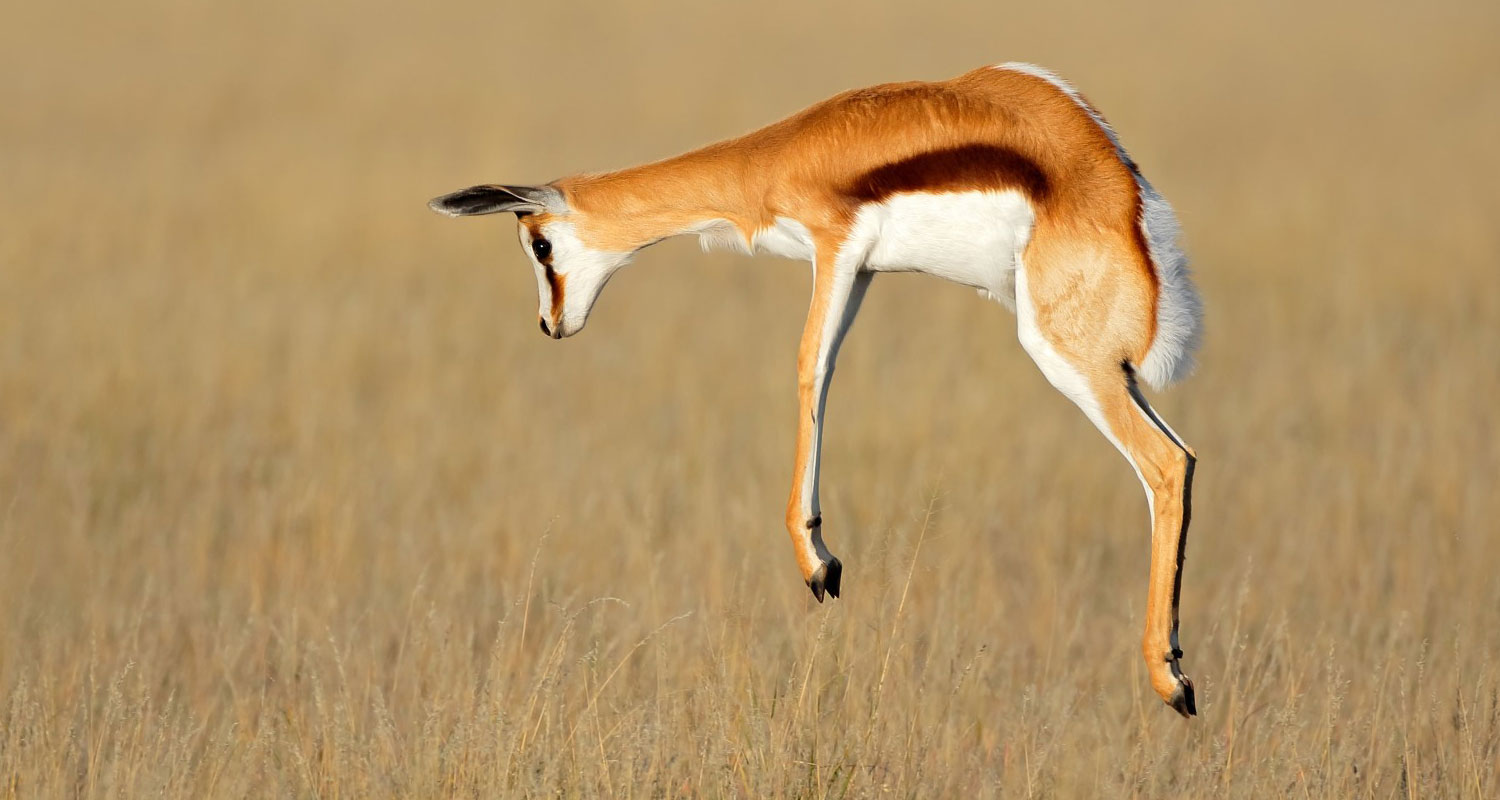 The global push to develop lab-grown meat is taking an exotic twist in South Africa, where slaughter-free cuts of springbok, wildebeest and impala could soon be on the menu.
The global push to develop lab-grown meat is taking an exotic twist in South Africa, where slaughter-free cuts of springbok, wildebeest and impala could soon be on the menu.
Mogale Meat Co has already produced Africa’s first cell-based chicken and is now developing a range of game meats without having to kill wildlife. While still in the research phase, the start-up says the first product could be ready this year, with commercial production planned within three years.
The company is targeting “the average meat consumer” who’s increasingly opting for free-range or organic products, but isn’t attracted to plant-based alternatives, said CEO Paul Bartels, a wildlife veterinarian who used his life savings to start the firm in 2020.
Meanwhile, Cape Town-based Mzansi Meat Co unveiled the continent’s first cultivated beef burger in April, and wants to scale up production to supply a national fast-food chain by 2023.
The cultured meat industry, which produces proteins by growing cells instead of slaughtering animals, is still in its infancy with fewer than 100 start-ups worldwide, according to a report by McKinsey & Co. Still, by 2030 it could be worth US$25-billion globally, and is attracting funding from the largest animal-protein companies including Tyson Food and Nutreco as well as investors such as Temasek Holdings and SoftBank Group.
South Africa is a case study of a nation where the nascent industry makes perfect sense. Renowned for the braai, it has among the highest consumption of beef, pork and poultry in Africa. But the nation’s livestock industry, which dominates agricultural land use, both exacerbates and faces risks from climate change.
Cell-based meat production on a large scale could address sustainability concerns as the global population grows and people add more meat to their diets. It also offers food security through domestic production for nations that rely heavily on imports. One such country is Singapore, the first in the world to permit the sale of cultured meat.
Price parity
In South Africa, where you can get springbok carpaccio at a restaurant, order warthog fillet online or easily shop for ostrich biltong, Mogale Meat is betting on the popularity of game. It intends to offer a variety of species, flavours and textures of wild meat, while conserving natural habitats for wildlife.
Once it has “reached price parity with conventional meat”, the company aims to capture as much of the market in South Africa and the rest of the continent as possible, Bartels said. The company has received early funding from three North American venture capital companies, Sustainable Food Ventures, Big Idea Ventures and Cult Food Science.
Mzansi Meat, which is backed by investors including GlassWall Syndicate and Sustainable Food Ventures, plans to raise about R85-million and build Africa’s first cultivated meat facility.
Co-founder Brett Thompson said he aims to supply a nationwide burger franchise by the end of this year or early 2023. “At the moment we can only produce enough to make a single burger,” he said. “We need to get to a quantity where we can produce thousands of kilograms before we can service a restaurant.”
Before they can get their product to plate, however, the companies face regulatory hurdles.
South African regulators haven’t kept pace with science, and there’s currently no classification for lab-grown meat, said Janusz Luterek, a lawyer specialising in food regulations at Pretoria-based Hahn & Hahn Attorneys. Meat is classified as “carcass” or part of an animal, rather than being “grown in a tank”, he said.
Labelling could also be an issue, as the makers of vegan and vegetarian products discovered in June. The agriculture department demanded goods such as plant-based meatballs, vegan nuggets and vegan BBQ ribs be removed from shelves and relabelled, for using names commonly associated with processed meat.
It may be years before lab-grown meat can legally be sold in South Africa, without concerted government effort to update regulations, said Luterek.
The department of agriculture, land reform & rural development said there was no timeframe for approval. “Once sufficient information is built around cultivated meat or cellular agriculture, the department will not stand in the way of crafting legislation that focuses on the sale of cultivated meat,” it said.
Thompson of Mzansi Meat is prepared for the wait. “There are a number of challenges that a start-up needs to go through and we have never considered quitting,” he said. “Our journey is only beginning.” — (c) 2022 Bloomberg LP

